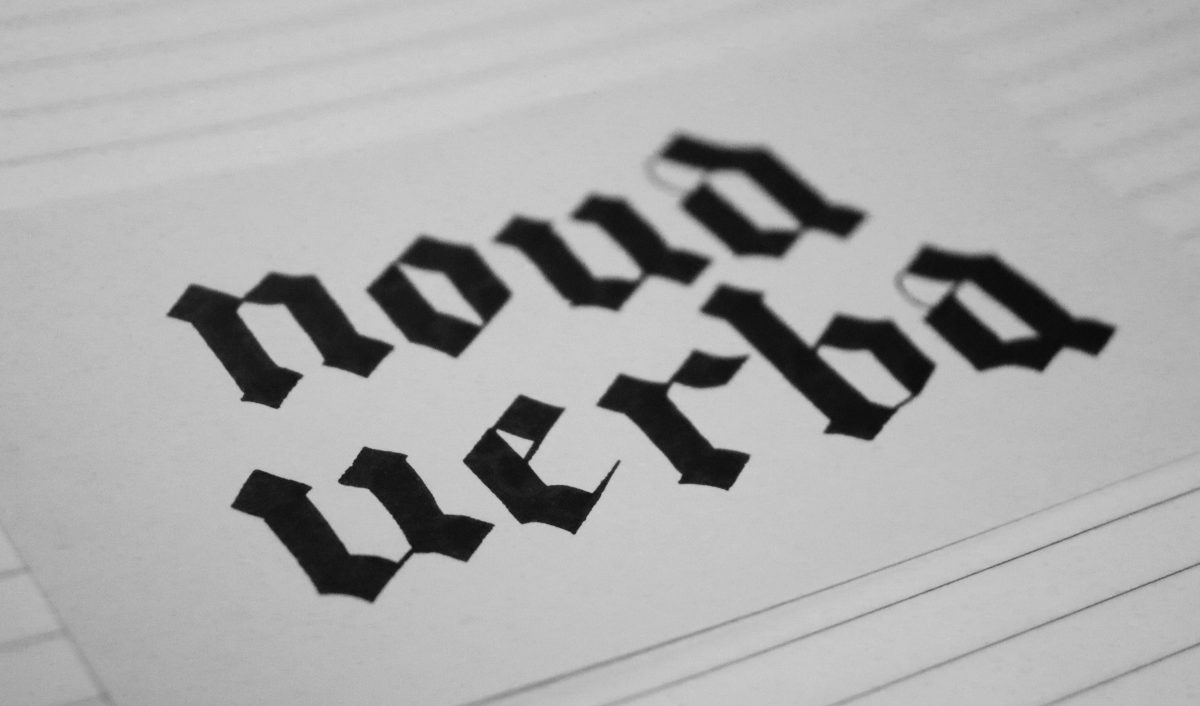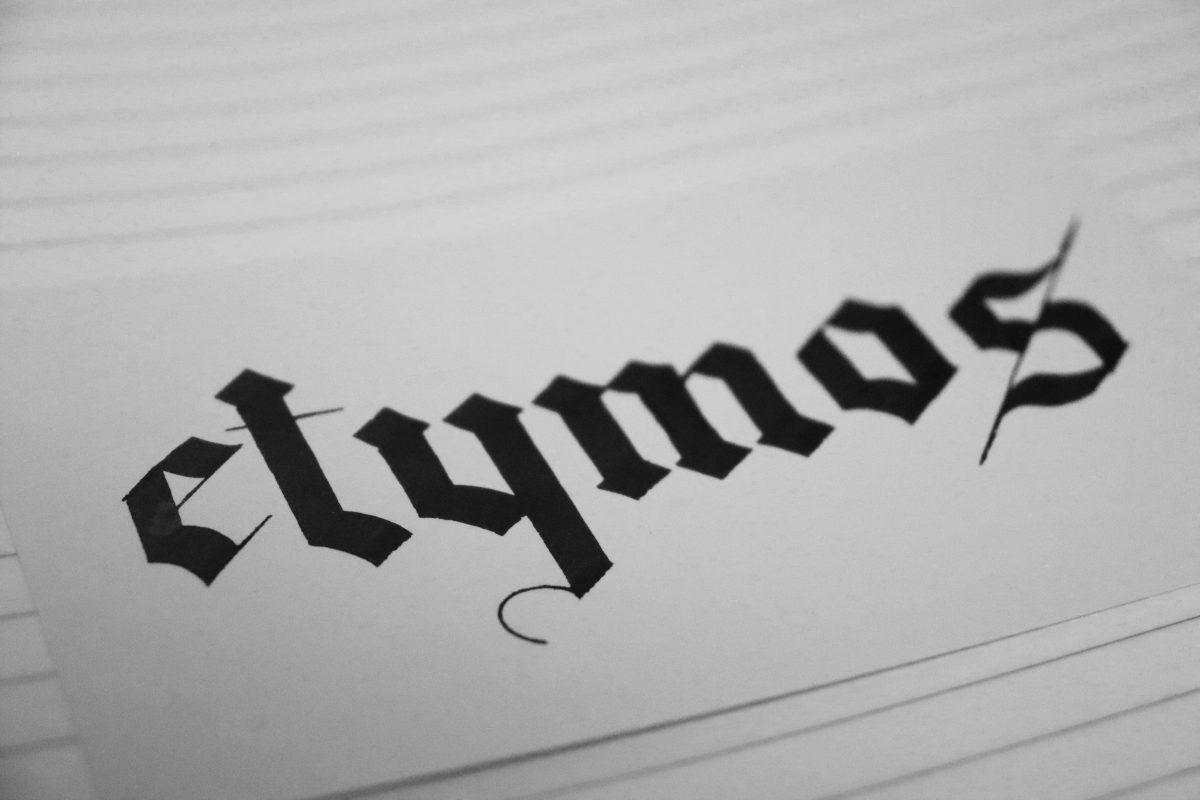I had no idea about this film when it was actually released – didn’t know it existed. I’ve only found out about it from the images and GIFs shared prolifically on social media in the months since its release. This suggests a somewhat underfunded marketing operation – given that I am probably the film’s target audience (gay, a royalist, and a big comedy fan).
I’ve been meaning to watch this film for the last few weeks, and now that I have (or am – I’ve actually started writing this with about ten minutes of the film left to go), I find the experience is utterly bizarre. This film violently ricochets between moments that could be iconic, and moments of such bad dialogue, such cultural ignorance, such TV-obsessed Californian idiocy that I almost stopped watching then and there.
The flaws in this film appear right from the outset in the form of utterly dreadful dialogue. And it’s all of the usual stuff we tend to see in bad dialogue: sentences that no real human would ever say, characters expositing their own psycho-analysis as the first line of a conversation, the writers using the actors as conduits for their Twitter-informed political beliefs, and gross TikTok slang spoken unironically as though it won’t horribly date the film in just six months. The most egregious example of that last one is Rachel Hilson’s character (whose name I couldn’t even guess) saying at 1 minute 37 seconds into the film ‘you’ve been yucking my yum all day’ – a phrase so unpleasant I think it could actually give someone IBS.
The bad dialogue appears right throughout the film, but about half the time it is compensated for by the skill of the actors. I have long said that a great actor can take even the worst-written dialogue and make it sound amazing (although perhaps sometimes only with a few spontaneous edits to it). In this regard, Nicholas Galitzine (who plays Prince Henry) and Rachel Hilson shine. (Hilson has had many years of experience fighting with unwieldy dialogue on Love, Victor – a show that is the unproclaimed king of unnatural dialogue.)
In fact, this is a film carried by its core cast, not by its writing. In this regard it is similar to Heartstopper, Love, Victor, and Love, Simon. (Why do so many recent gay romance films and television shows have this problem?) This film is mainly carried by the charisma of its two leads: Nicholas Galitzine and Taylor Zakhar Perez – with the former giving a really stand-out performance. Of course, this is the main requirement for a romance film or show – the two leads must have chemistry. Everything else can be a disaster, but as long as the two leads are convincing, the story will still be enjoyable. (I’ve said this of Heartstopper too – a disastrous, wholly unconvincing plot, but wholly convincing leads.)
The charisma of the leads is enough to keep me watching (indeed, glued to the screen for their scenes together), but it isn’t enough to stop me recoiling in horror every two minutes at everything else. The film has a multitude of basic errors in how British royalty works that betray a distinctly American misunderstanding of the concept. Without wishing to insult my American friends, it’s not that Americans can’t understand royalty, it’s that there seems to be something about American culture that puts them at a unique disadvantage when it comes to understanding it – both the traditions of it and the reasoning behind it. Americans seem to have a much greater hill to climb in order to understand it, and they often stop half-way up. This film gives the strong impression that the writers have learned most of what they know about British royalty from other films and television dramas, rather than from watching actual royal events or even just reading about it – actually being interested in it. It is a parody of royalty – more alike to the show The Windsors than it is to the real thing. The royal family and their assistants are portrayed as stuck-up fuddy-duddies whose social attitudes and beliefs are still Victorian. They are the epitome of the ultra-conservative arch-nemesis that I think nowadays might only exist in the minds of internet commentators. The film is also laced with condescension – an attitude of ‘Oh you silly Brits with your royalty! The American way is much better! You should be like us!’. It’s an insular attitude that reveals someone as having not thought about the subject for very long.
As I say, though, this film veers wildly between moments dominated by these errors and moments that could have made this film great. The casting of Stephen Fry as the fictional King James III was inspired – he should play kings more often. Unfortunately, his performance was ruined almost immediately by overly-verbose dialogue that was contradictory from one line to the next. His character exists not as a person with a personality, but simply as a megaphone for the misapprehensions of the writers. The character’s best moments are when he’s not speaking.
It’s a shame – this film could have been great – iconic. Its basic structure is sound – all of the things that take it down are things that could have been fixed on the day of filming with just a few seconds of thought.
I don’t often do star ratings, but I would give this film a 5 out of 10.

